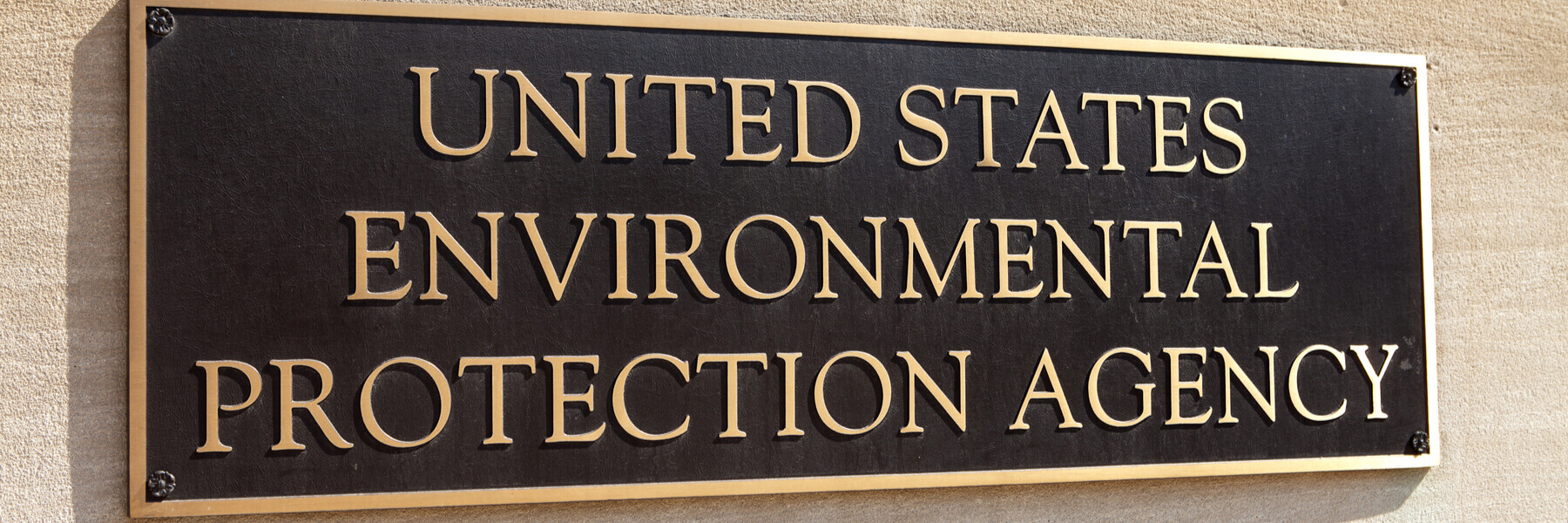On June 21, 2022, the 9th U.S. Circuit Court of Appeals rejected the Environmental Protection Agency (EPA) finding that glyphosate in Monsanto’s Roundup products does not create a serious health risk and does not cause cancer.
The ruling was a $25 million judgment in favor of Edwin Hardeman, a California resident who says he developed cancer after using Roundup for decades on weeds, poison oak, and overgrowth on his San Francisco property.
Monsanto Company v. Hardeman
The lawsuit adds to a series of Roundup cases against Monsanto that had started in 2015. That same year, the World Health Organization categorized glyphosate as a possible human carcinogen. Plaintiffs alleged that Monsanto (later acquired by Bayer) had failed to notify users of this categorization in 2018. The number of litigation cases grew exponentially, with nearly 100,000 lawsuits filed and 80% of them ending in settlements. About 26,000 lawsuits remain, with most of them filed in state court, and a California class action lawsuit with 4,000 claims is still pending.
In the Hardeman case ruling, the three-judge panel stated that the EPA examined studies that did show human exposure to glyphosate and that it leads to an increased risk of non-Hodgkin’s lymphoma (NHL). The EPA did not follow its guidelines for assessment and relied on limited evidence of cancer in humans and more sufficient evidence of cancer in study animals. The agency will begin their reassessment and their deadline to complete the review is October 2022.
Bayer’s Five-Point Plan
Bayer released a statement in response to the Supreme Court ruling reasserting their five-point plan to achieve closure of the glyphosate litigation. Here are the details of that plan, the changes for the company, and how Roundup will be manufactured in the future:
- Bayer still aims for a positive ruling from the Supreme Court. The June 21st decision did not deter them, as they believe future cases will lead to a Circuit Split that would help Bayer gain ground for a Supreme Court review.
- Bayer will replace glyphosate in Roundup with new and alternative active ingredients for residential use beginning in 2023. Products containing glyphosate will still be available for professional and farm use.
- Bayer will set up a program to manage future claims. They will set aside a provision of $4.5 billion for settlement, defense costs, administrative expenses, and judgments.
- Bayer will continue to manage current claims as well. There are a remaining 30,000 Roundup cases against the company.
- To inform its users, Bayer will be promoting their webpage, the EPA’s Review of Glyphosate Safety, which has links to scientific studies on glyphosate and information about their products. Bayer is working with the EPA to ensure the website is on Roundup product labels.
What is the Future of Roundup Lawsuits?
Bayer’s five-point plan announced in May 2021 determines the future of Roundup lawsuits. Here are some takeaways:
- Any future Roundup lawsuits will complicate the use of glyphosate in farming operations. According to the Biden administration, the states can impose pesticide label requirements beyond the federal mandate. Farm groups have already responded, expressing their concerns that this unscientific patchwork of state labels would jeopardize their access to vital tools and science-based pesticides needed for sustainable farming.
- Nevertheless, as long as glyphosate is still on the market for agricultural and commercial use, new claims will be filed, and health risks will continue.
- Bayer’s future claims administration program would address eligible individuals who have used Roundup previously and develop NHL over the next 15 years. This would cover any NHL latency period.
- Bayer is fully prepared to challenge any claims in court if the plaintiff’s expectations are unreasonable or if their demands fall outside the bounds of the claims resolution program.
- Bayer’s claims program does not include any liability or admission of wrongdoing.
What Plaintiffs Should Know About Making New Claims
Regarding new Roundup claims in light of the Supreme Court decision, plaintiffs should be aware of how Bayer will be handling the litigation on a long-term basis. The $4.5 billion provision sets the precedent for settling any new cases and is meant to manage litigation risk only rather than account for safety concerns. Even though the optics are negative for Bayer, they will continue to sell Roundup and pay off new claims.
Although Bayer will be replacing glyphosate in the U.S. residential Lawn & Garden market in 2023, the products are still subject to a timely review by the EPA and state counterparts. This action eliminates the source of any future claims.
If you are filing a new claim, but you were diagnosed with NHL more than three years ago, it may be more difficult to find a Roundup lawyer due to the statute of limitations. On the other hand, if you are filing a claim, and your diagnosis is very recent, you could be subject to a higher settlement value than in older cases.
To be eligible for a claim, Monsanto has a points system in place based on the severity of injuries and the strength or merit of the claim. The points are ranked according to the following criteria:
- Type of cancer
- Treatment results
- The plaintiff’s age
- The plaintiff’s estimated earnings capacity
Get Help with Your Roundup Claim
At Serling and Abramson, we can assist and advise you on your Roundup claim so you can achieve the best possible outcome. Please fill out our free Roundup case evaluation to get started.




